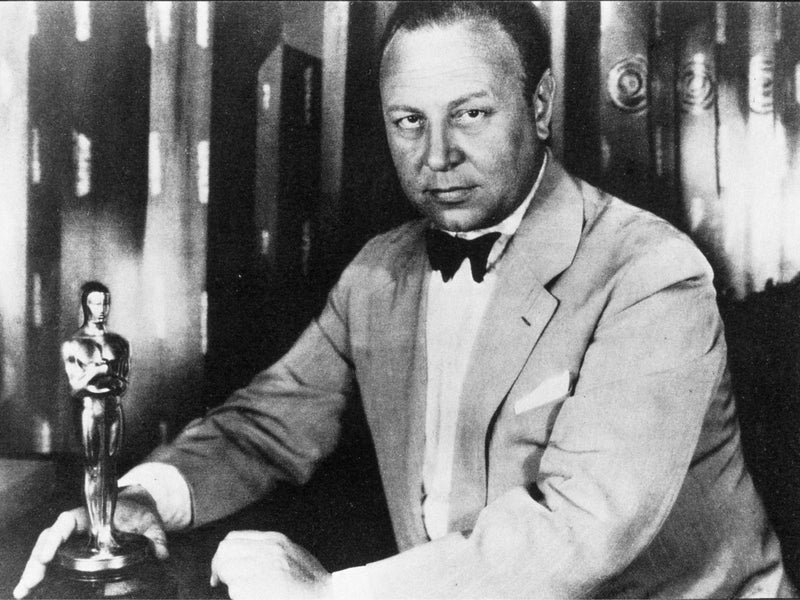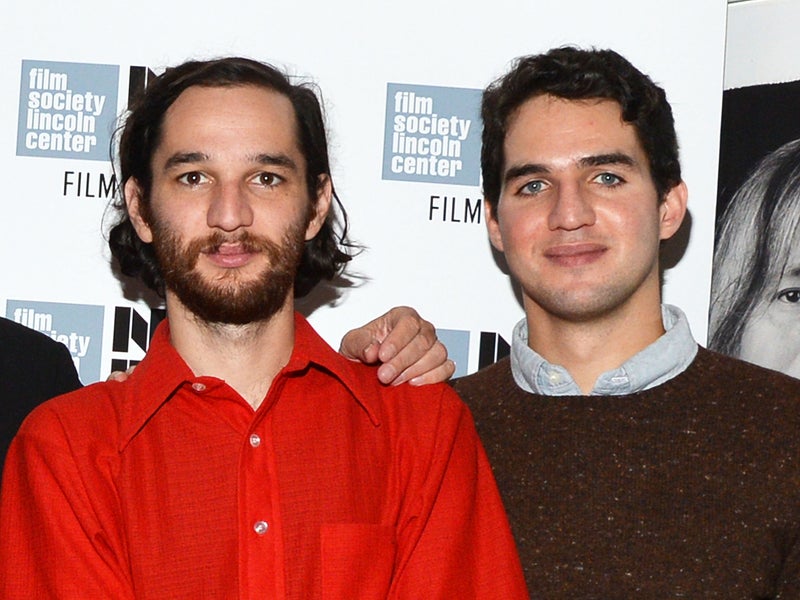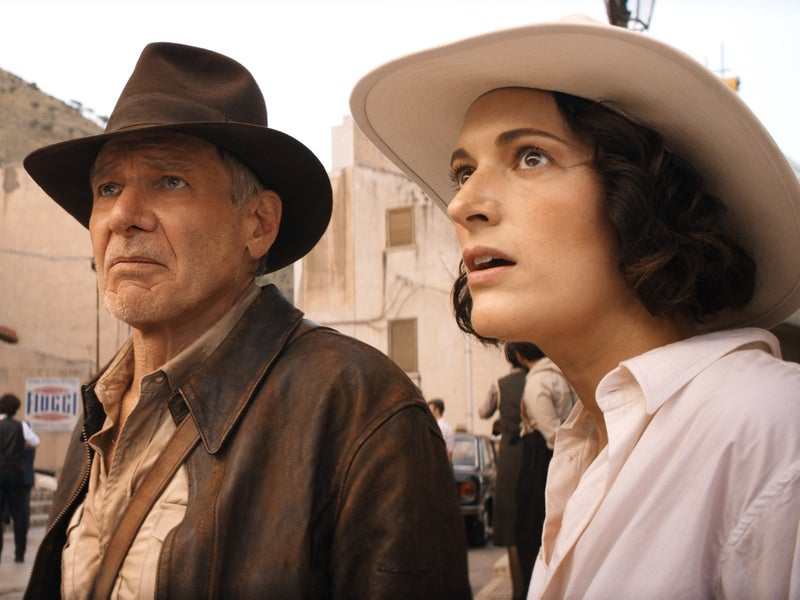Complaints that freedom of speech is under attack come mostly from the political right, from public figures who appear to the naked eye to be extremely free to say and do what they like, and see no irony in doing so via platforms with vast audiences.
Invoking free speech as a stand-alone, abstract value, shorn of social context, historical conditions and any regard for the unequal playing field of public discourse is either foolish or deliberately obfuscatory.
According to professor of media Gavan Titley, “It is a transparent yet regularly efficient means of parlaying established public status into virtuous marginality, casting discredited ideas as deliberative propositions, reframing familiar, reactionary ideas as iconoclastic experiments.” In other words, feverish allegations of censorship have become a sort of seasoning, spicing up the very blandest of takes with the mystique of prohibition.
It’s time to be transparent and admit that nobody really desires completely free speech, and that opinions about limits on it, and the reasoning behind those limits, are different depending on your agenda.
The problem is that the definition of “free speech” has strayed far from its origins in the rights of ordinary folk to speak without interference from higher powers like governments.































